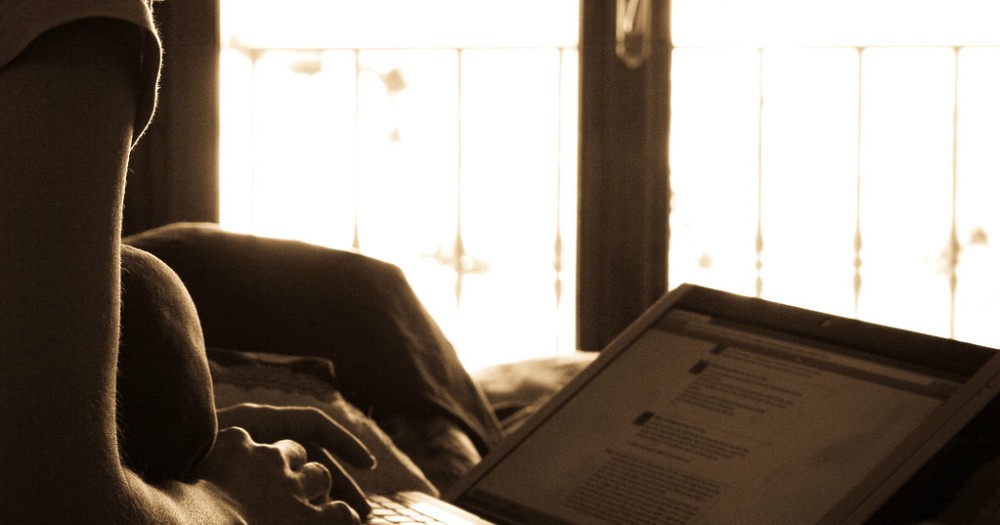Facebook’s problems are much deeper than “bad actors”
Bad for democracy, good for business

During the 2016 election, political disinformation proliferated on Facebook. Since then the social media giant has been on the defensive about its harmful effects on democracy. Recently it has been publicizing its efforts to go after individuals who routinely create fake accounts, engage in hate speech, or otherwise violate the company’s community standards. Facebook often refers to such repeat offenders as “bad actors.”
While the suggestion that a few people are bad actors and the rest of us are good ones is overly simple, it does help Facebook frame its democracy problems as bugs in an otherwise beneficent system. In fact these problems are part and parcel of the company’s core business of attracting people’s attention, collecting their personal information, and selling both to advertisers. Disinformation aimed at the credulous, political ads that precisely target bias and fear, the “filter bubble” that erases dissent from your news feed—these are indications that Facebook works as designed. It’s keeping its users engaged, its advertisers happy, and its stock profitable. The damage Facebook has done to democracy is rooted in the very things that make it successful.
What’s more, much of this success has come at the direct expense of one pillar of democracy: news journalism. This was true even before it became the case that news publishers’ web traffic lived or died at Facebook’s algorithmic whim. Traditional news sources have long trafficked in verifiable information, professionally vetted; many of them serve broad audiences across cultural divides. This is in sharp contrast to what Facebook provides—yet Facebook has taken over vast swaths of the consumer attention and advertiser business that news journalism once enjoyed. Facebook, where it’s hard to know what to believe or which voices are missing, is now many people’s primary source of news.





